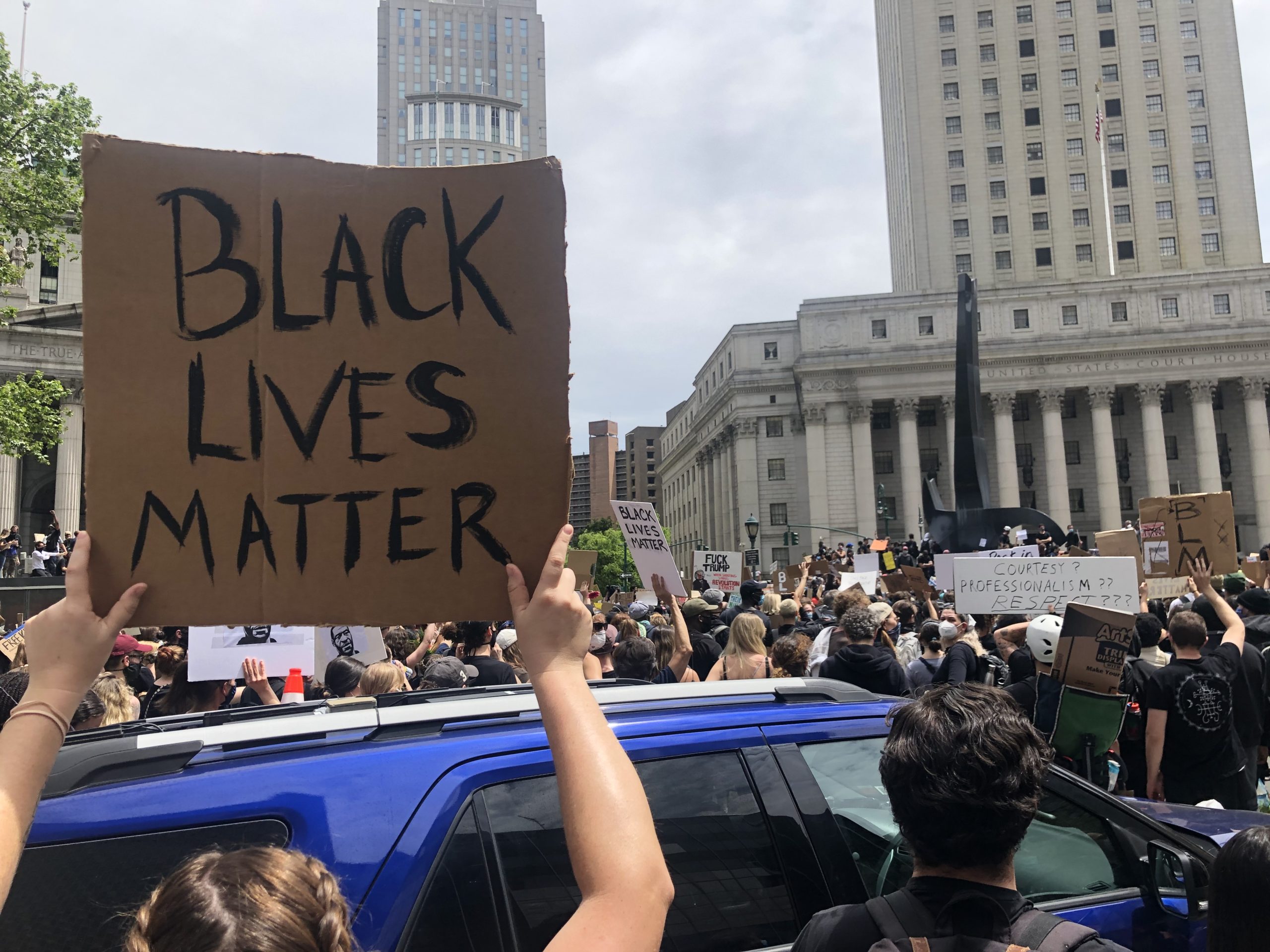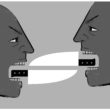As protests continue around the country, sparked by the brutal killing of George Floyd by four Minneapolis police officers, one important question concerns the accountability our justice system provides for police violence against African Americans. The answer is: clearly not enough.
As we recommit to fighting systemic racism within the criminal justice system, we must remember the role that federal judges too often play in perpetuating a lack of accountability in police departments across the country. As we can see in the cases below, the appellate judges nominated by President Trump have repeatedly issued votes to hold police immune from any civil liability for fatal and violent misconduct. Take the case of Davidrin Goffin. Goffin was approached by two police officers in Warren, Arkansas, while sitting in his car talking on the phone through a Bluetooth headset. The officers approached with weapons drawn because they had heard he might have committed a burglary. They told him to get out of the car and proceeded to pat him down but found nothing. They nevertheless moved to handcuff and arrest him, and Goffin became understandably panicked and tried to leave. He took just two steps away before one of the officers shot him in the back, causing serious injury.
Goffin later filed suit against the police. Despite the legal principle that use of deadly force is justified only where a suspect poses a significant threat, which clearly was not the case, Judge Jonathan Kobes of the 8th U.S. Circuit Court of Appeals cast the deciding vote to dismiss the suit against the officer who shot Goffin.
In Kaufman County, Texas, police officers received a report that an African-American man wearing a brown shirt had been shooting a pistol. Moments later, 25-year-old Gabriel Winzer, who was wearing a blue jacket, approached the officers from some 100 yards away. The officers claimed Winzer was armed, and within six seconds of spotting him, opened fire with automatic weapons and shot him. He was able to get to his backyard, where his father was. The Winzers tried to explain that there was no reason to arrest Gabriel, but police tazed and handcuffed him. He was pronounced dead at the scene.
The Winzer family sued the police, and the case went to the 5th Circuit Court of Appeals, because the police believed they should be protected by qualified immunity. Fortunately, the court majority did not agree. But James Ho, Kurt Engelhardt and Andrew Oldham, three Trump judges, filed a dissent and would have thrown out the case, complaining that we should “stop punishing police officers” for such conduct.
In Livonia, Michigan, a small group of police officers surveilled, tailed, and stopped Christopher Bey and his friends for allegedly suspicious activity. In fact, Bey and his friends were doing nothing more than “shopping while black” for a space heater on a particularly cold night in a white suburb. On the 6th Circuit, Trump judge Joan Larsen wrote an opinion that Bey could not sue white police officers who surveilled, tailed, and stopped him and his friends.
These are just three of many similar cases. There is much we must do to address the systemic racism that has enabled police misconduct toward African Americans and other people of color. One important step is to ensure that federal judges who are appointed understand these systemic forces at work, appreciate the need for police accountability, and do not reflexively protect police officers who commit misconduct, like the judges nominated by Trump and confirmed by the Republican Senate.
Elliot Mincberg is a senior fellow at People for the American Way, where he has been tracking the decisions and opinions of Trump judicial appointees for its Confirmed Judges, Confirmed Fears project. For more information see, www.confirmedfears.com.







0 Comments